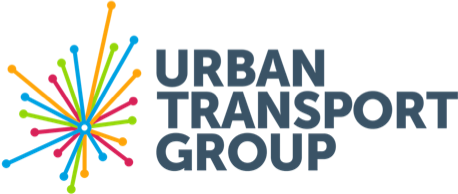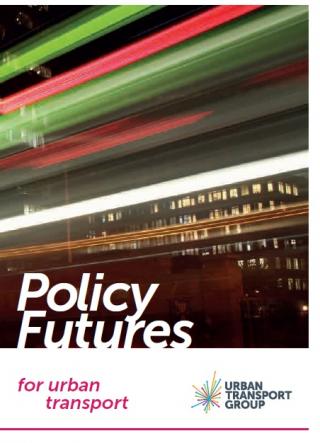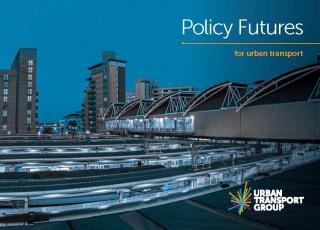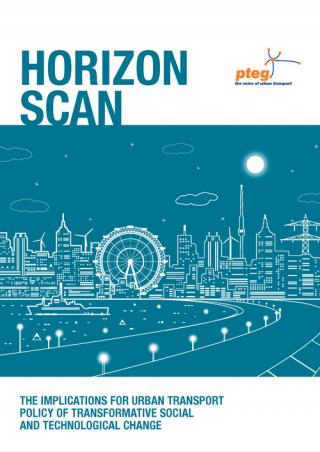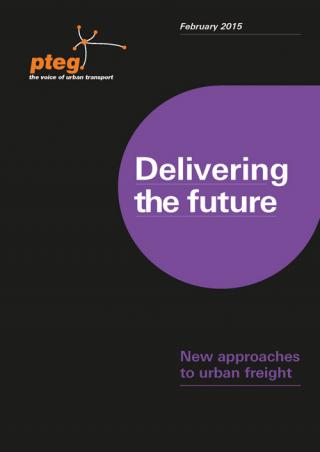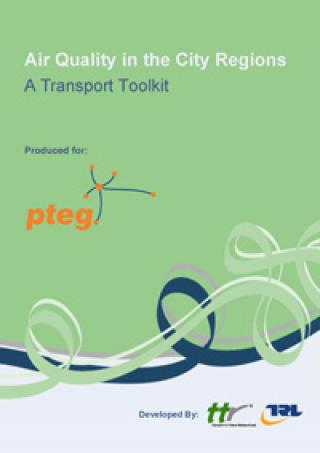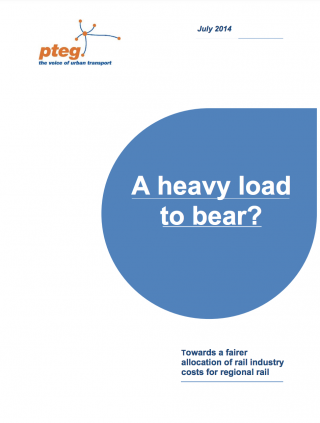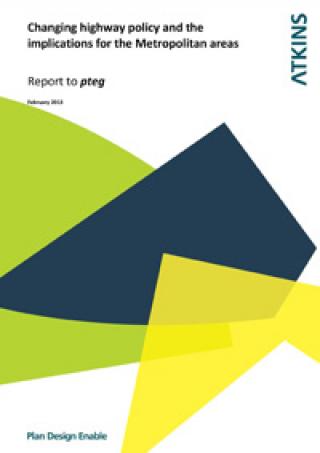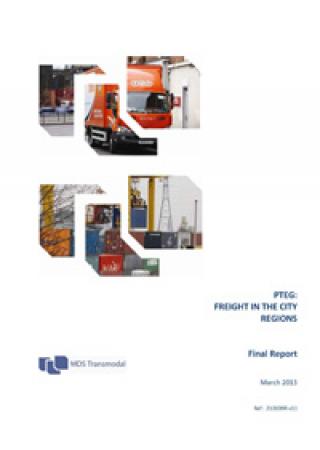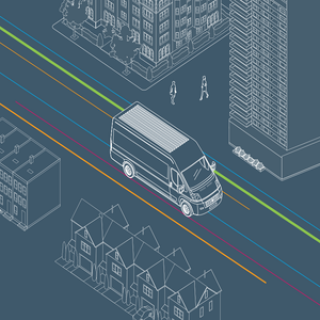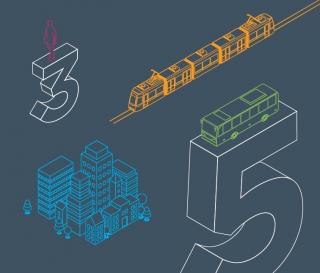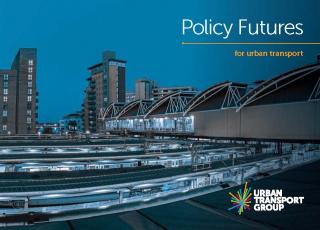Freight
Our city regions rely on the smooth movement of goods to support thriving economies. Find out how freight enables prosperous city regions and how we can minimise negative impacts on the environment and communities.
Delivering a greener future
We need freight and logistics to play their part in decarbonised city region transport systems and support urban areas that are greener, fairer, happier, healthier and more prosperous places.
White van cities: Questions, challenges and options on the growth of urban van traffic
Our report, White van cities: Questions, challenges and options on the growth of urban van traffic, shows how van traffic is the fastest growing sector of road traffic with growth forecast to continue.
However, the evidence on what is driving growth in van traffic is limited and under researched.
This report explores the scale and nature of the growth in van traffic and the impacts on city regions across a range of policy areas, each of which play a key role in determining whether our cities are the kinds of places that people want to live, work, invest and spend time in.
